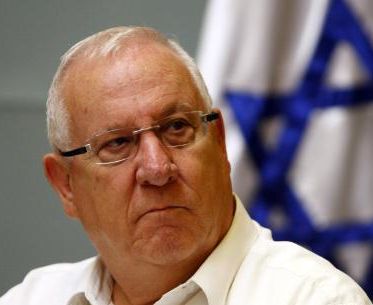Reuven Rivlin wins the presidency in a run-off vote
Reuven Rivlin, 75, Likud stalwart and twice Knesset Speaker, was elected Israeli’s tenth president by the Knesset on Tuesday, June 10, against four contenders and after two earlier dropped out of the race over scandalous revelations.
After failing to draw a majority in the first round of voting, 63 out of the 120 Knesset members gave him a majority as successsor to Shimon Peres against his runner-up MK Meir Sheetit, who received 53 votes.
Rivlin’s candidacy was strongly opposed by the Likud leader, Prime Minister Binyamin Netanyahu, who came around belatedly to shake the hand of the assured front-runner. His victory is one up for his party’s right-wing: Rivlin is against territorial concessions in Jerusalem, where his family has lived for several generations; wants Israel to keep the West Bank and favors Israeli citizenship for its Palestinians.
He has been around Israeli politics for more than 36 years.
From 1978 to 1983, he was a member of the Jerusalem City Council. In 1988, he was elected to the Knesset on the Likud list, and rose to serve as Likud faction leader and coalition chairman between 1999 and 2003.
He was given his first cabinet post as Communications Minister when the late Ariel Sharon formed a government in February 2001.
He served twice as Knesset Speaker from 2003-2006 and again from 2009 to 2012.
The race for the presidency was dogged by scandal and dirty tricks, in stark contrast to all the former nine campaigns. Two of the contenders dropped out over unsavory revelations about their past conduct, following which the remaining five had little choice but to come clean to the public on their financial assets. The public began to wonder how certain of its veteran politicians had been able to accumulate considerable wealth while still in office.
However, Reuven Rivlin’s record was found to be clean of wrongdoing.
The new president is married with four children.
The Israeli presidency is largely a ceremonial position except for two prerogatives: Tapping the most likely candidate to form a government after a general election, and issuing pardons on the recommendation of the Justice Minister.


